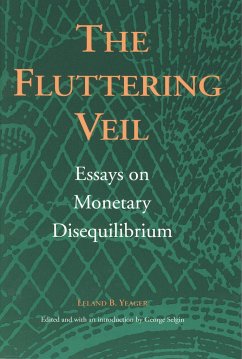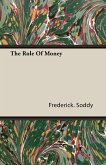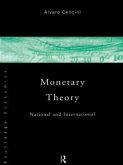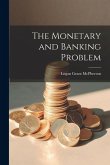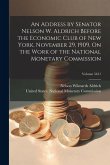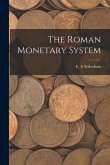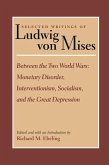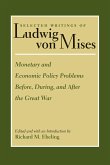Money's unique and essential role in a free market and monetary disequilibrium as the root cause of the business cycle are principles central to the work of economist Leland Yeager. For three decades he has extolled the pre-eminent importance of money as a source of economic fluctuations whose influence goes well beyond mere changes in interest rates or the price level. Yeager's work discloses the disruptive consequences of 'monetary disequilibrium', or an imbalance of money supply and money demand. Consequently, he argues that well-designed monetary arrangements and policies are important to the success of any free-market economic system. Similarly, he insists that defects in the existing monetary arrangements in 'capitalist' countries are manifestly not inherent in capitalism but are 'alterable consequences' of the misguided or even mischievous interventions of government. The eighteen essays address four general topics: Monetary Disequilibrium and Its Consequences; Monetary Misconceptions; Keynesianism and Other Diversions; and Avoiding Monetary Disequilibrium. In his introduction, Professor George Selgin explains why "our understanding of the monetary foundations of a free society owes a great deal to the writings of Leland Yeager."
Bitte wählen Sie Ihr Anliegen aus.
Rechnungen
Retourenschein anfordern
Bestellstatus
Storno

